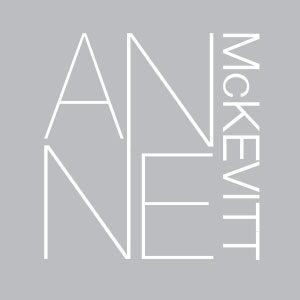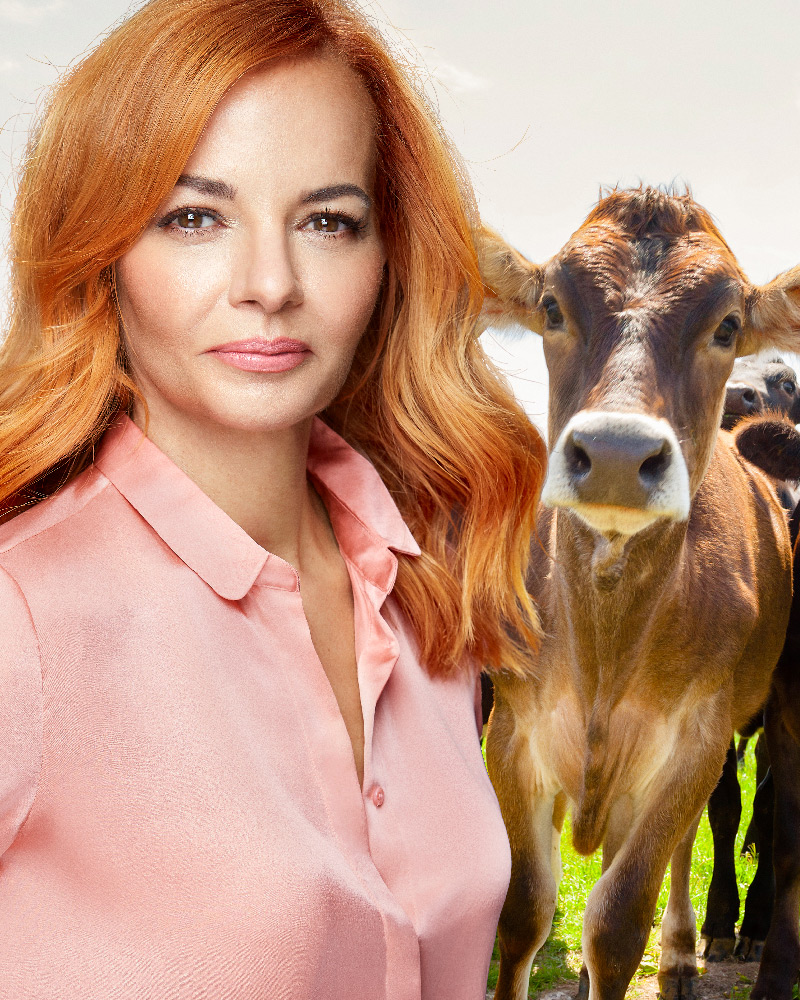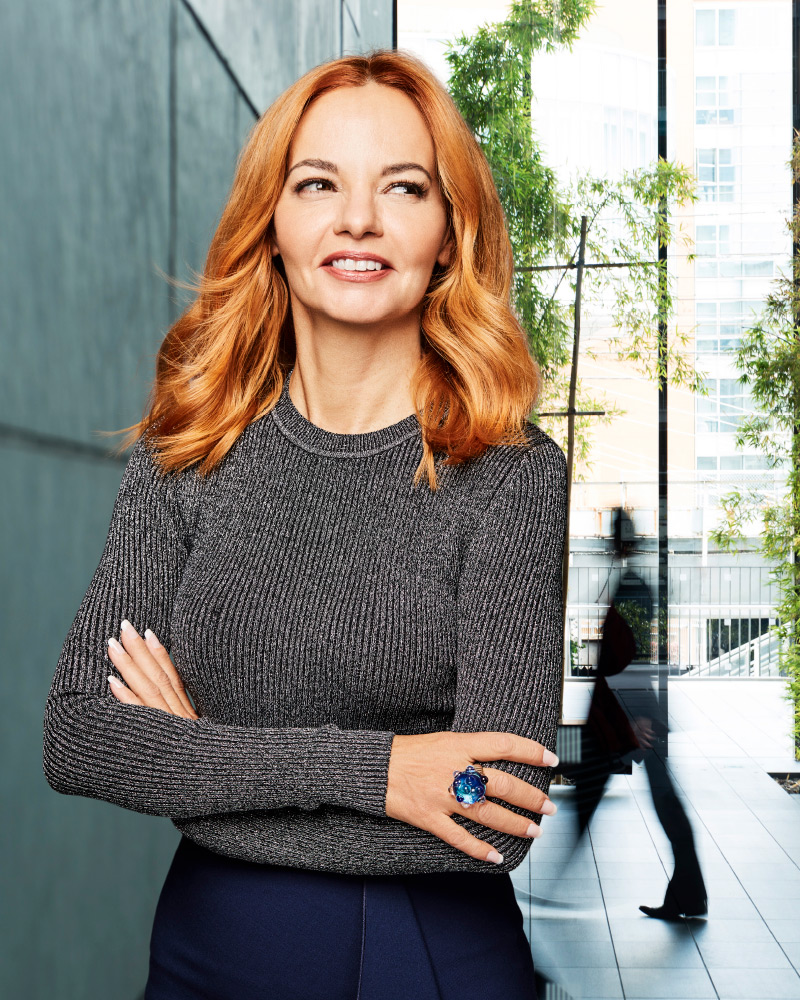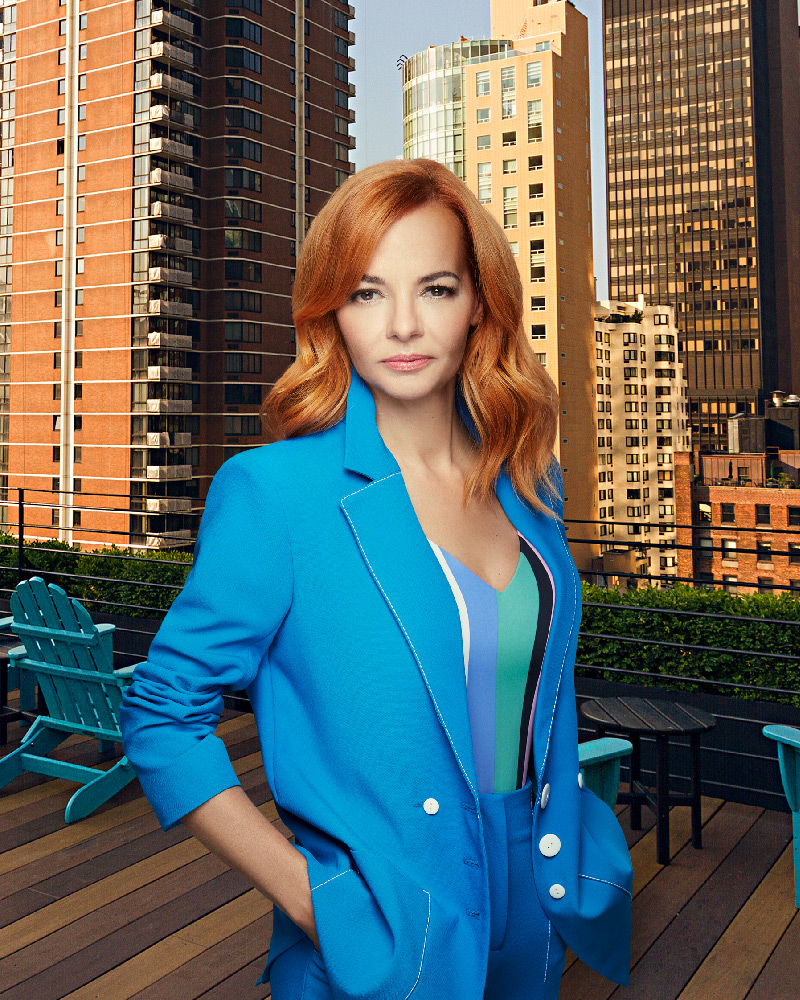PLANET
“The current extinction crisis is entirely of our own making”.
- Anne McKevitt
“No one is too small to make a difference.”
- Greta Thunberg
Anne McKevitt has cared about the planet since childhood. She was the kid at school trying to influence her friends to recycle, to be aware of the items they used and the effects they had on the planet. Speaking about her 35 years later, Anne’s old schoolfriend Sascha said: “I’d never heard of recycling or cared about what I used until Anne introduced my school friends and me to environmental considerations back in 1979. She was the first person I knew who even thought about recycling and the impact of products on the planet. She was the first person I knew who didn’t eat meat.”
Anne was also the kid at school campaigning to stop biology classes vivisecting live frogs as part of their teaching. Her crusade changed the school program, and her school year was the first to exclude vivisection.
Anne says: “For as long as I can remember, I never understood why everyone treated the planet like a sewer and animals like disposable commodities instead of living beings. In straightforward and graphic terms, think of the Earth like a bath. If you shit in a bathtub while sitting neck-deep in water, it’s going to keep floating back at you, causing significant issues, right? Yet every day, we shit all over the only planet we have to live on. We treat billions of animals despicably every year, and “yes,” it’s floating right back at us. We are causing a climate crisis for short-term gain without long-term care. Our actions will ultimately put our species at risk.
“Our planet now faces a global extinction crisis never witnessed by humankind. Scientists predict more than one-million species are on track for extinction in the coming decades. That rate is 1,000 times higher than pre-human times and is growing exponentially year on year.
“It is the sixth mass extinction event seen on our planet and is set to be the biggest, with 200 species going extinct every single day! The current extinction crisis is entirely of our own making, and most of it has taken place in only the last 100 years. Habitat destruction, pollution, the spread of invasive species, over-harvesting from the wild, climate change, population growth, and other human activities have pushed nature to the absolute brink. Every time a species goes extinct, the consequences are profound for all of us. There are tangible consequential losses for crop pollination, water purification, and seed distribution. Once they are gone—they are gone forever.”





